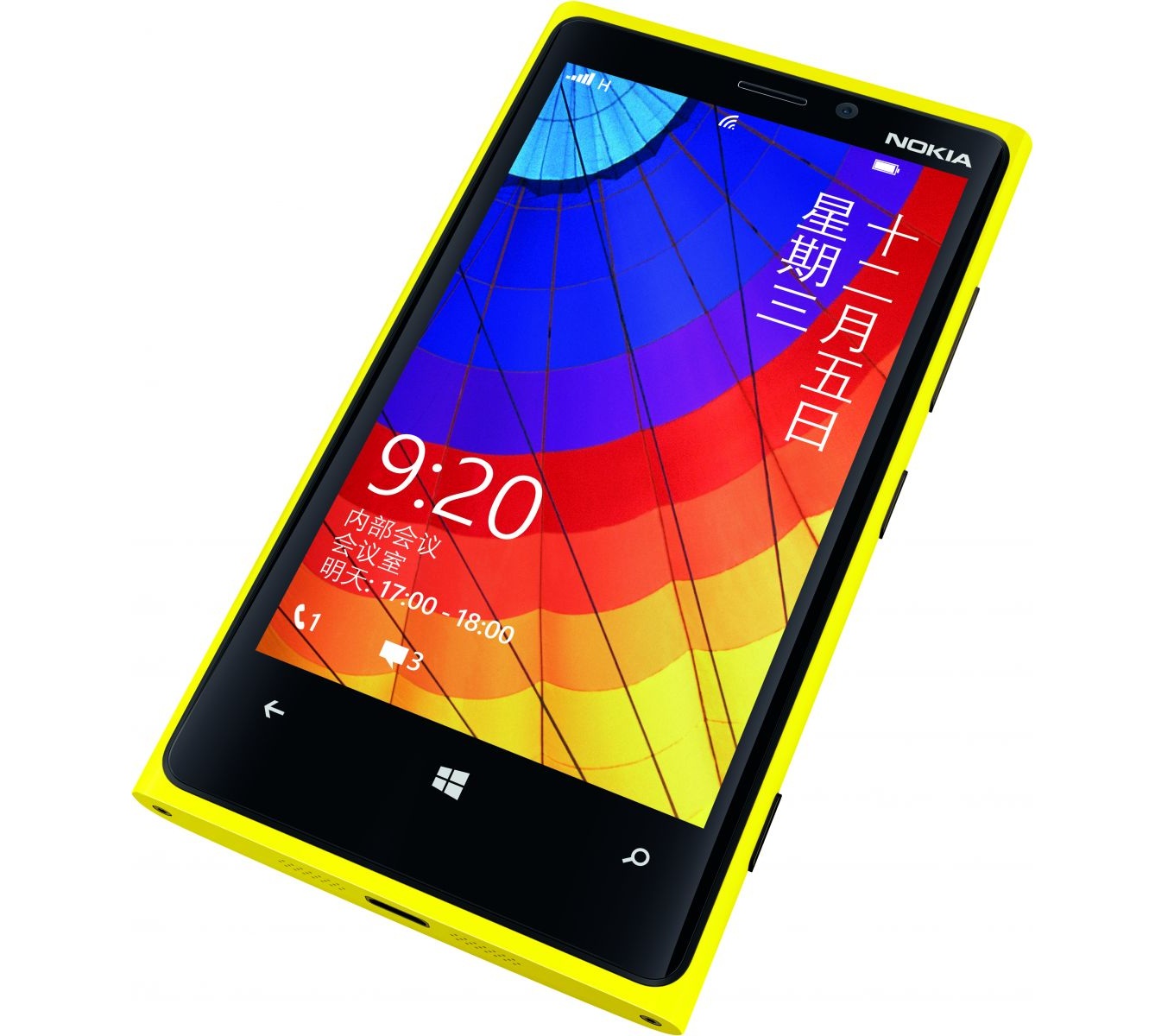Telecom & Wireless
Microsoft + Nokia vs. Google + Motorola = Win for Ballmer
Published:
Last Updated:
Microsoft Corp. (NASDAQ: MSFT) has decided to buy the Nokia Inc. (NYSE: NOK) handset business for $7.17 billion, which is not much for a company with its balance sheet. In 2011, Google Inc. (NASDAQ: GOOG) bought Motorola Mobility for $12.5 billion, another small investment, based on the search company’s balance sheet. Which company got the better deal? Microsoft.
Nokia may be crippled, but it is still, by many measures, the larger of the two handset companies. Motorola’s near-death experience, triggered when its popular RAZR’s sales disappeared, has been a shell of late, and that is all it is today.
Google Android has dominated the smartphone market for years, and the OS is on the handsets of most of the industry’s leaders. In buying Motorola, it got only one Android-based hardware company. And it ran the risk of alienating its other Android hardware partners.
Microsoft has tried to get its Windows mobile OS onto handsets for years. Its success has been very limited. In Nokia, it finds a ready customer base. It could be argued that its 2011 $1 billion deal with Nokia worked in that direction. However, owning a company and having a strategic deal with it are two different things. Like Motorola is a slave to Google, Nokia will become one to Microsoft. There were rumors Microsoft would launch its own Windows 8 based phone this year. Instead, it will buy its own large launch platform.
The deals are very different from another standpoint. Microsoft has been on a push into hardware for years. Its signature product has been the Xbox, which leads its industry ahead of the Sony Corp. (NYSE: SNE) PS products and a bevy of products from Nintendo. It has been less successful (much less) as it has tried to enter the tablet market with the Surface. Microsoft CEO Steve Ballmer, on his way to retirement, obviously has convinced his board to stick with his vision — part of the future of Microsoft is in hardware. Redmond once again admitted as much in its announcement: “Microsoft aims to accelerate the growth of its share and profit in mobile devices through faster innovation, increased synergies, and unified branding and marketing.”
One part of the announcement that was given a great deal of attention is that Steve Elop, a former Microsoft employee and current Nokia CEO, will remain with the company. That might be a signal he eventually will lead Microsoft. However, most of Nokia will remain intact. Smartphone development will even stay in Finland, according to Ballmer. Not too much should be read into the Elop decision. He is part of an entire team Microsoft has decided to retain.
Nokia has 15% of the global handset business, an awful fall from 39% five years ago. But Motorola has been worse off than that for years. Microsoft may be buying a weak company. Google bought an industry ghost.
Microsoft needs Nokia. The same cannot be said about Google’s deal to buy Motorola. Each got money losing operations. However, no matter how crippled Nokia is, it is Microsoft’s best, and perhaps last, hope to go mobile
The thought of burdening your family with a financial disaster is most Americans’ nightmare. However, recent studies show that over 100 million Americans still don’t have proper life insurance in the event they pass away.
Life insurance can bring peace of mind – ensuring your loved ones are safeguarded against unforeseen expenses and debts. With premiums often lower than expected and a variety of plans tailored to different life stages and health conditions, securing a policy is more accessible than ever.
A quick, no-obligation quote can provide valuable insight into what’s available and what might best suit your family’s needs. Life insurance is a simple step you can take today to help secure peace of mind for your loved ones tomorrow.
Click here to learn how to get a quote in just a few minutes.
Thank you for reading! Have some feedback for us?
Contact the 24/7 Wall St. editorial team.